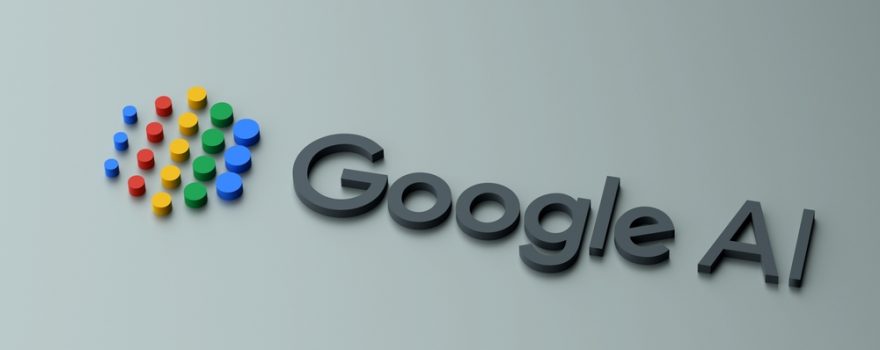
Google has officially rolled out Gemini, its highly-anticipated and formidable generative artificial intelligence model. Contrary to recent rumors of delays, the tech giant has initiated the release, unveiling Gemini as its most robust AI model yet, primed for advanced multimodal reasoning.
Gemini offers versatility with three distinct use cases – Ultra, Pro, and Nano – adaptable to various platforms, from data centers to mobile devices. Google plans to implement Gemini through Bard’s AI assistant in two phases. The rollout commenced on December 6, featuring a tailored version of Gemini Pro within Bard, enhancing capabilities such as reasoning, planning, and understanding in English. Early 2024 will witness the introduction of an Advanced Bard version, unleashing Gemini Ultra for unprecedented user access to advanced models and features.
Ahead of its public debut, Gemini Pro underwent rigorous testing, outperforming its predecessor GPT-3.5 in six out of eight standard industry tests. Google fine-tuned Gemini Pro within Bard to excel in comprehension, generalization, reasoning, coding, and planning. An illustrative example showcases the creation of an intricately detailed paper airplane using Bard with Gemini Pro, highlighting its practical applications.
Bard’s compatibility with Gemini Pro for textual cues is now accessible to users, with support for additional modalities slated for the near future. Initially available in English across 170 countries, including Ukraine, the model will progressively roll out in multiple languages, primarily in European nations.
The pièce de résistance, Gemini Ultra, promises unparalleled performance, tackling ultra-complex tasks with swift comprehension and response to diverse information types—text, image, audio, video, and code. Google is finalizing security checks for Gemini Ultra within Bard Advanced, with a testing program engaging trusted users scheduled to commence shortly. The widespread launch of Bard Advanced for broader user access is anticipated early next year, marking a new era in AI innovation.

 Get in Touch
Get in Touch 


